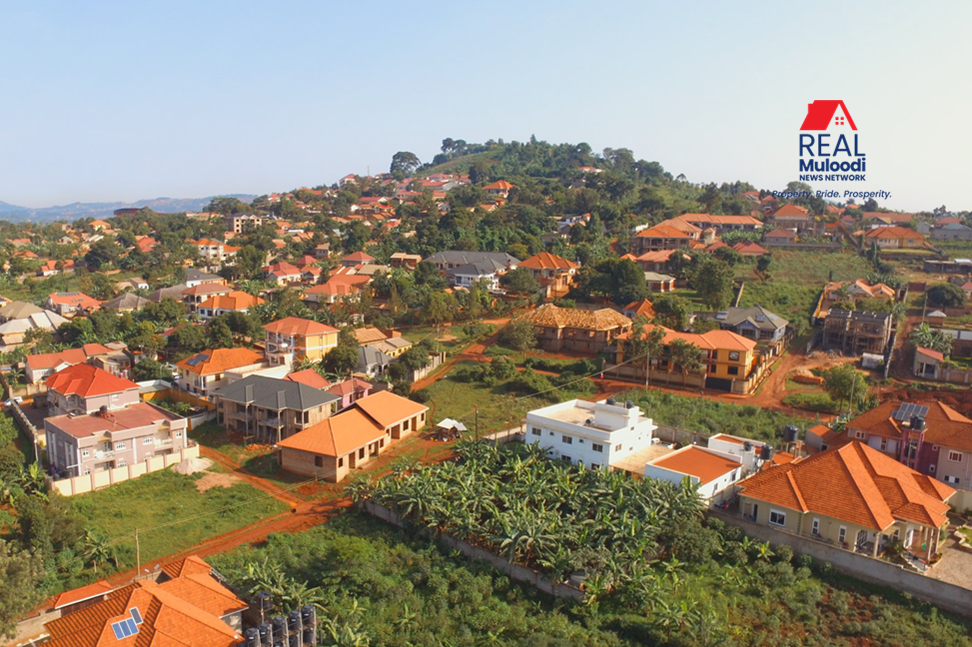UGANDA, Kampala | Real Muloodi News | For developing countries like Uganda, a pressing challenge lies in fortifying and modernising critical facilities, ranging from roads to housing amenities. A strategic catalyst with transformative potential in expediting this progress is the meticulous utilisation of real estate data.
In the intricate tapestry of socio-economic progress, the pillars of quality, accessibility, and reliability in infrastructure play a pivotal role.
According to Mr. Vicent Agaba, founder of the Association of Real Estate Agents of Uganda (AREA-Uganda), “Harvested carefully and utilised strategically, real estate data can critically underpin the planning and implementation of infrastructural development in Uganda.”
Real estate data, a repository of information on property values, sales, construction processes, land use, and infrastructural development, is a powerful tool.
Statista projects a compound annual growth rate of real estate in Uganda at $437 billion by 2028, emphasising the sector’s burgeoning significance. This growth is fueled by evolving customer preferences, shaping the demand for contemporary and upscale properties.
Factors such as a growing middle class and rapid urbanisation are influencing market dynamics. Homebuyers and tenants now seek properties with modern amenities, triggering the rise of gated communities and housing estates.
Mr. Joseph Wabule, a young marketer in Kampala, highlights the challenges in finding suitable housing, reflecting the shifting landscape of real estate demands.
Investing in service infrastructure aligned with residential and business needs enhances Uganda’s geographical competitiveness.
“By structuring urban layouts in alignment with the data accrued about the commercial and residential real estate market, the government can optimise the distribution of resources and services,” notes Mr. Agaba.
Data-driven decisions not only attract investors but also ensure infrastructural development aligns with citizens’ expectations.
With Uganda’s population projected to double to 70 million by 2031, understanding data related to population demographics becomes crucial for enacting area-specific policies.
Mr. Bright Onapito, a data scientist, emphasises the importance of catering to the future working class. Data patterns can help address gaps in Uganda’s housing affordability sector, a critical consideration on its path to achieving middle-income status.
Businesses, regardless of scale, can benefit from real estate data-guided infrastructure development. Analytical insights into space utilisation, commercial rents, industrial properties, and transport connectivity provide valuable information for creating a conducive business environment.
However, challenges hinder the leverage of real estate data in Uganda. Limited data availability, poor data quality, and a lack of technical capacity for data utilisation are among the obstacles.
Addressing these issues calls for persistent efforts and strategic partnerships among the government, real estate industry stakeholders, and international development partners.
Real estate data is not just a collection of facts; it paints a precise, insightful, and actionable picture of a nation’s infrastructure needs.
As Uganda continues its pursuit of accelerated infrastructural development, strategically harnessing the transformative potential of real estate data becomes vital. This approach encourages the development of infrastructure tailored for people, elevating living standards, boosting the economy, and fostering a better life for Ugandans.
READ MORE LIKE THIS:



